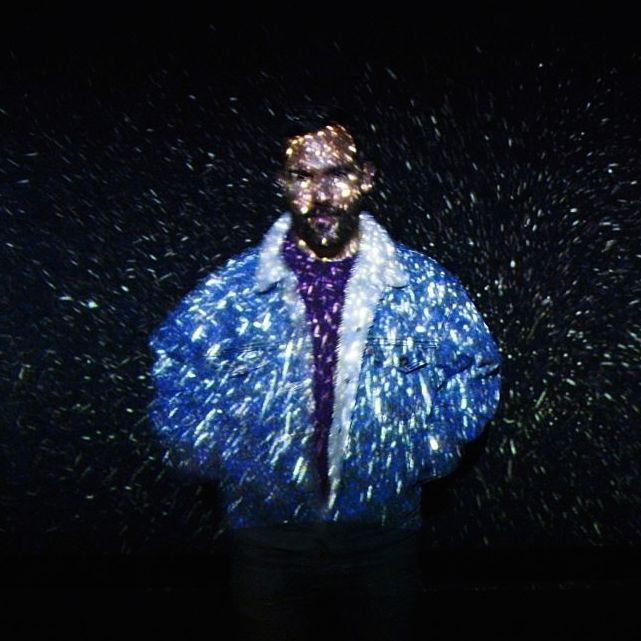PHOTOS & SPANISH VERSION BELOW
I feel a deep sadness every time I pass by the piazza della Repubblica; the modern and air-conditioned buildings and its terraces do not allow the contemplation of at least four classic splendorous cafes in the city: Le Giubbe Rosse, Gilli, Donnini, and Paszkowski. It is almost a total eclipse; there is no room for bias. As a general rule, the tourists are the ones using most of the modern facilities in town. Based on my regular visits to the premises of Le Giubbe Rosse, on the «outside» old terrace and in the interior you will always see mature local Florentines taking Amaro, Negroni or simply a cup of coffee. It touches me deeply that there are still some genuine places in this city. A city that increasingly chooses to please tourists instead of respecting its legitimate and long-standing culture.
Inaugurated in 1896 as the Reininghaus Brewery, this café took its name from the colour of the waiters’ jackets when, in 1910, a change of owner reformed the space according to the style of the time, Liberty — the name of the Italian Art Nouveau. Many literary and cultural publications have had their editorial office in Le Giubbe Rosse throughout the 20th century. From 1912, after the publication of the Futurist Manifesto in 1909, Le Giubbe Rosse was frequented by figures connected to Futurism such as the founder, Filippo Tommaso Marinetti, together with Umberto Boccioni, Aldo Palazzeschi or Carlo Carrà. In this period the place became a proper literary café which remained like this until the year 2000.
In December 2018, the Court of Florence declared the bankruptcy of the company that administered the legendary café. The premises was supposed to be auctioned in March 2019 with a starting price of EUR1.42 million. However, the new potential owner would not be allowed to change either the name (Gran Caffè Ristorante Giubbe Rosse – Storico Letterario) nor the activity of the business.
Le Giubbe Rosse, el café literario por excelencia de Florencia
Siento una profunda pena cada vez que paso por piazza della Repubblica: los casetones modernos y climatizados que ejercen de terrazas no dejan contemplar el esplendor añejo de al menos cuatro cafés clásicos de la ciudad: Le Giubbe Rosse, Gilli, Donnini y Paszkowski. El eclipse es prácticamente total; no ha lugar a la parcialidad. Por norma general, son los turistas quienes hacen uso de las instalaciones más modernas. Basándome en mis visitas regulares al local, en la terraza «exterior» de siempre y en el interior de Le Giubbe Rosse siempre verás a florentinos de cierta edad tomando un Amaro, un Negroni o un simple café. Me conmueve que todavía quede algo de genuino en esta ciudad que cada vez más opta por complacer a los turistas en lugar de respetarse a sí misma y a su legítima y longeva autenticidad.
Inaugurado en 1896 como la cervecería Reininghaus, este café tomó su nombre del color de las chaquetas de los camareros cuando, en 1910, un cambio de propietario lo reestructuró en estilo Liberty. Algunas revistas literarias y culturales han tenido una verdadera oficina editorial en Le Giubbe Rosse durante todo el siglo XX. Desde 1912, después de la publicación del Manifiesto Futurista (1909), Le Giubbe Rosse era frecuentado por figuras ligadas al Futurismo como Filippo Tommaso Marinetti, Umberto Boccioni, Aldo Palazzeschi y Carlo Carrà. En este período el lugar se convirtió en café literario propiamente dicho hasta el año 2000.
En diciembre de 2018, el Tribunal de Florencia declaró la quiebra de la empresa que administraba el mítico café de Florencia. Sin embargo, el nuevo propietario no podrá cambiar el nombre (Gran Caffè Ristorante Giubbe Rosse – Storico Letterario) ni la actividad del negocio. La subasta estaba prevista para marzo de 2019 y la venta partía de 1,42 millones de euros.













